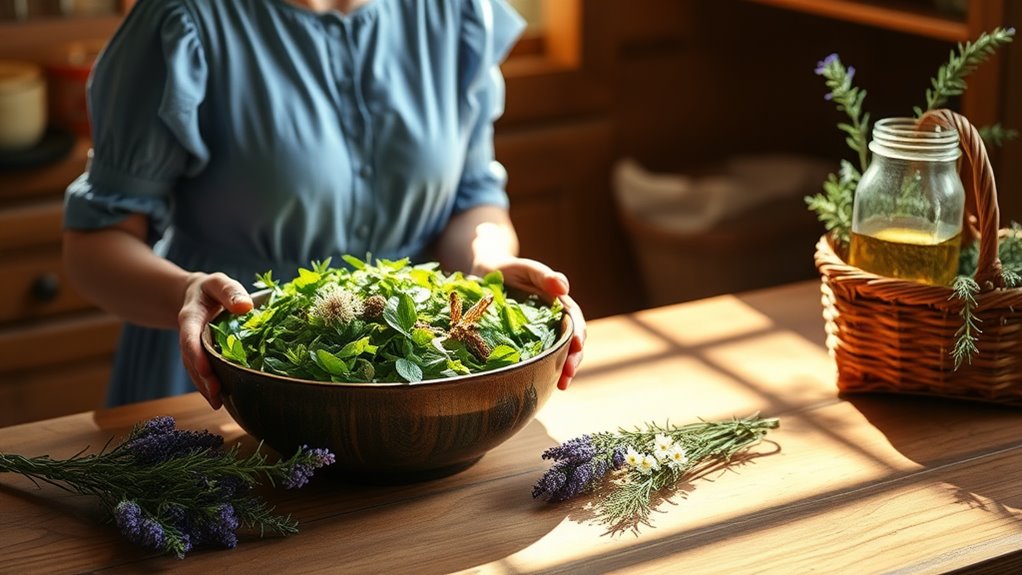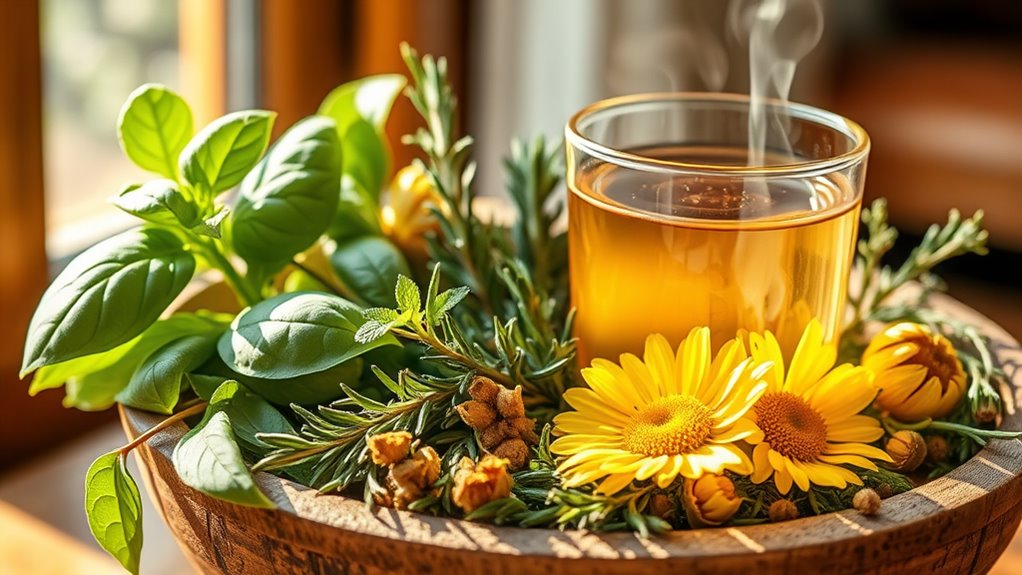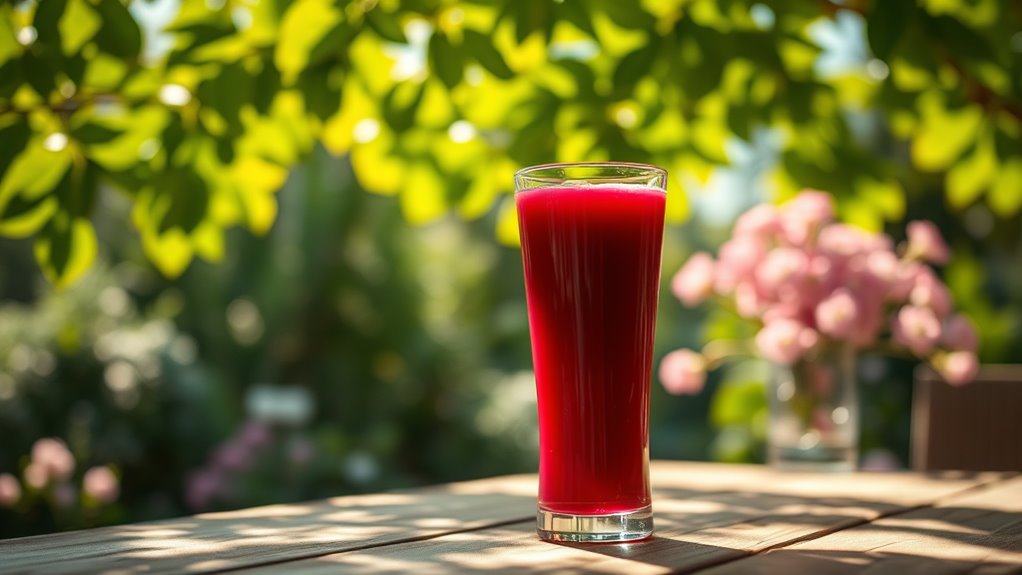The Importance of Traditional Diet
A traditional diet plays a vital role in the Amish lifestyle, emphasizing the importance of whole, unprocessed foods that nourish the body and spirit. You’ll find meals rich in nutrients, harvested from their gardens and farms.
| Food Type | Benefits | Example |
|---|---|---|
| Vegetables | High in vitamins | Carrots, cabbage |
| Grains | Energy and fiber source | Whole wheat bread |
| Dairy | Protein and calcium | Fresh milk, cheese |
| Meats | Essential nutrients | Chicken, pork |
| Fruits | Antioxidants | Apples, berries |
Simple Personal Hygiene Practices
In the heart of Amish life, simple personal hygiene practices reflect deep-seated values of humility and respect for oneself.
You’ll find hand-washing before meals is essential, while bathing is approached with sincerity, using natural soaps.
Grooming, such as neatly braided hair, signifies order and cleanliness. Each practice emphasizes a connection to community and tradition, showcasing their commitment to living simply and mindfully.
The Role of Meditation and Mindfulness
While you might envision the Amish lifestyle as one solely rooted in manual labor and communal responsibilities, there’s a profound emphasis on meditation and mindfulness woven into their daily routines.
You’ll notice moments of quiet reflection in the fields or during evening gatherings, where they reconnect with their thoughts, finding peace and grounding amidst their busy lives, fostering a deeper awareness of their surroundings and themselves.





